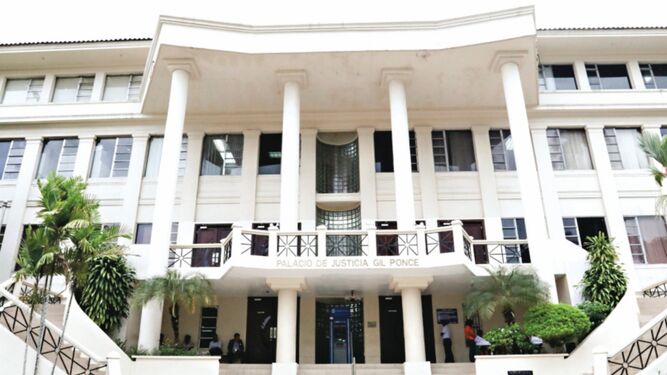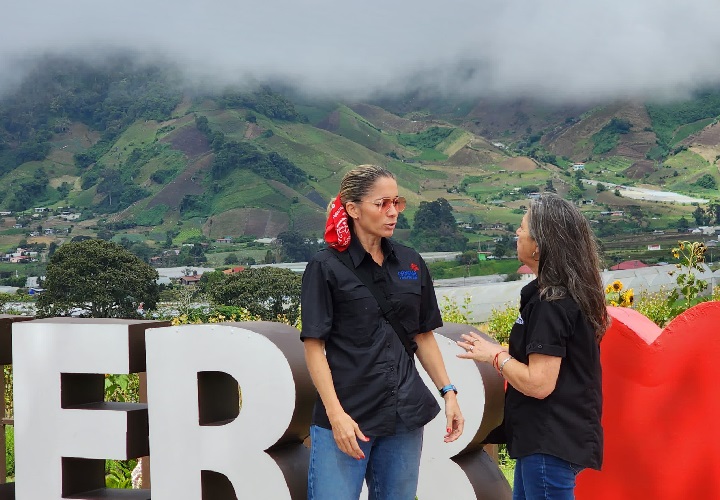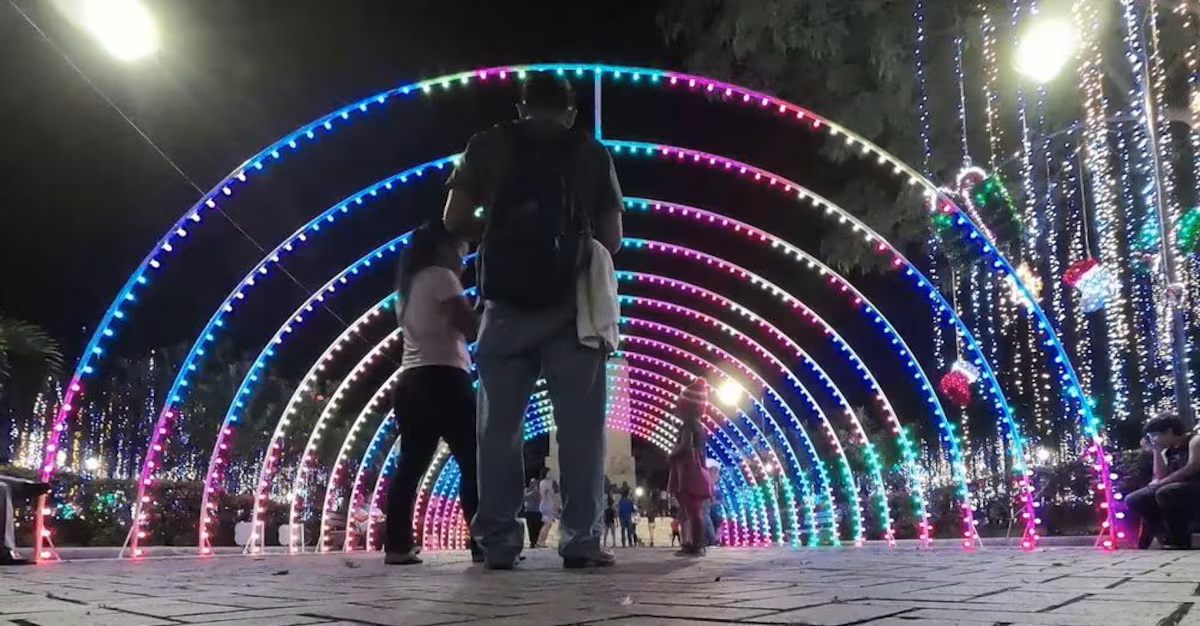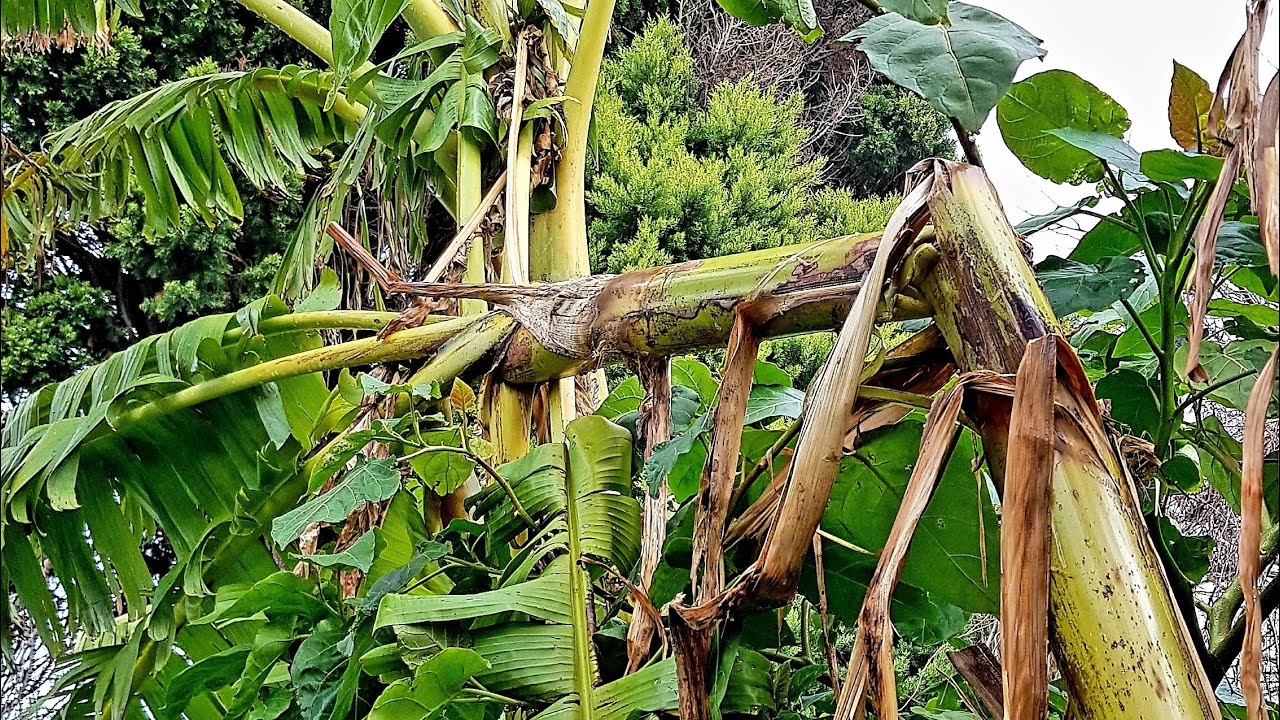Supreme Court nixes same-sex marriage

A ruling by Panama’s Supreme Court on Wednesday, March 1 closes the doors to the possibility of legally establishing unions between people of the same sex in Panama.
The Plenary concluded that ” the norms that provide that marriage must be arranged voluntarily between a man and a woman, legally capable of uniting, and making, and sharing a life in common, and those that in a concomitant law prohibit people of the same sex from marrying each other (article 34, number 1 of the Family Code and 35 of the Private International Law Code), are objectively and reasonably justified in the general interest to give prevalence to those unions with the potential to establish families, to give continuity to the human species and, therefore, to society ”.
The Supreme Court in its ruling implied that the origin of the prohibition for unions between people of the same sex is established in the Political Constitution of Panama and that this body of justice ” does not have the power to decree or proclaim fundamental rights that are not positive and influence the effectiveness and validity of the normative content of the constitutional text, no matter how many changes occur in reality, even when these have a sufficient entity to produce a constitutional mutation ”.
LGBTI rights
The rights of LGBTI people and equal marriage was a topic discussed in October 2022 at a Commission hearing in which members of Panamanian civil society, same-sex couples seeking to have their marriage recognized, rights activists LGBTI, and a delegation from the National Government of Panama.
“Since I was a child, I dreamed of my wedding day,” said Yamileth Garcés, a Panamanian woman who is in the legal process to have her marriage recognized with her partner, Jessica. She had to go to Canada to be able to get married, and now she is fighting for the recognition of her marriage to the woman she loves.
“They segregate us, they minimize our value before society, they condemn us to live in the dark,” Yamileth lamented. “The family that I have formed deserves to be recognized, celebrated, and made visible,”
In Panama, same-sex marriage is not officially recognized. This creates problems on issues such as succession (inheritance) law, the possibility of making medical decisions for the couple, tax exemptions, and other consequences such as difficulties obtaining loans and establishing a common estate.
Currently, homosexuality is considered a serious crime according to the internal regulations of the National Police and the Fire Department. Homosexuals are also prohibited from donating blood.






